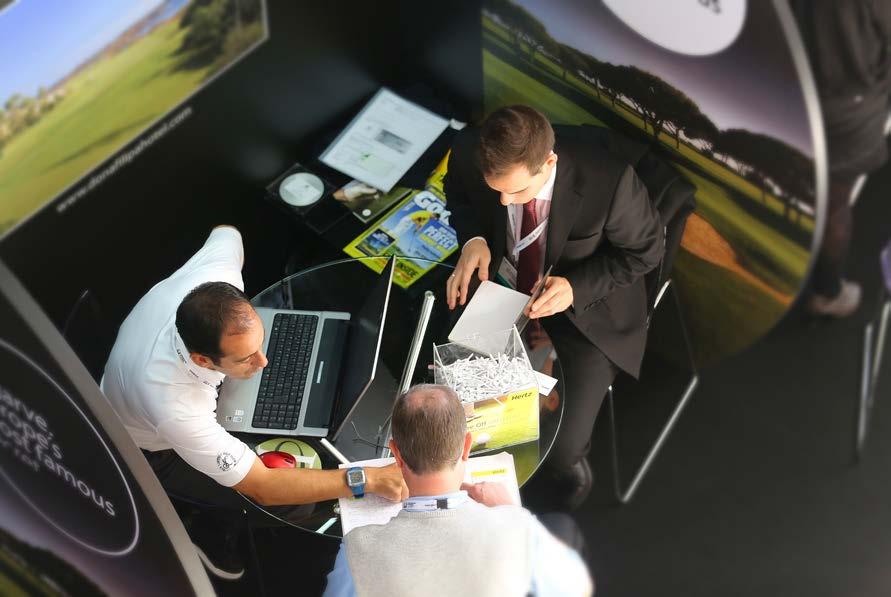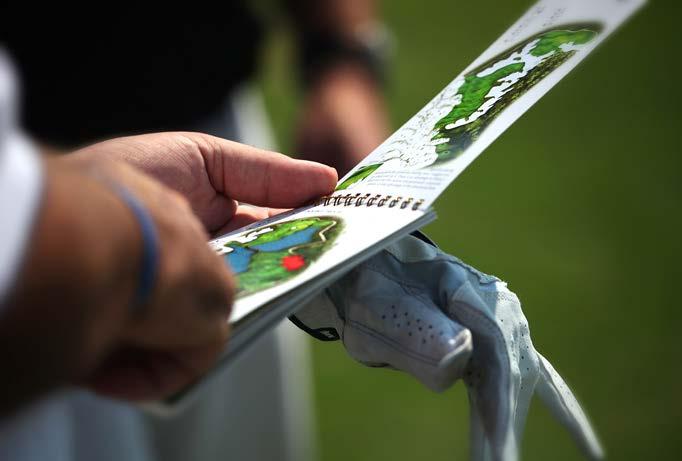
7 minute read
Making yourself more ‘placeable
How to make yourself PLACEABLE
What steps do CMM undertake to evaluate a candidate initially? CMM are very thorough in their candidate evaluation. When going through the process for a particular role the candidate will speak to two and sometimes three of us before being presented to the client. We ask competency based questions that are in line with the skills the client needs, as well as questions based around soft skills to see if they would be a good cultural fit for the client. We don’t just look for a perfect answer, we
Advertisement
need to hear credible examples of success. When asking questions, we also like to listen to the language they use and their reactions.
A candidate’s communication throughout the recruitment process is also a good indicator. Prompt, consistent communication, and regularly asking insightful questions, immediately separates placeable candidates.
We use matrixes to measure people’s skills sets to ensure that our evaluation is consistent for all candidates. Therefore, if candidates make clear their strengths, they can be assured it will be recognised at our end.
Throughout the screening process, our consultants pick up on a candidates weaknesses. When the next consultant screens them, they are briefed to pressure test these areas. Clients understand that no one is perfect, but we are looking for somebody who is always working to improve themselves.
How do you monitor the candidate market on an ongoing basis? To understand what is going on in the candidate market we constantly reach out to connections. Whether that be candidates or previous clients to see what they are currently doing in terms of personal and
Ticking boxes on a job description is one thing, making yourself an attractive candidate is another. CMM senior consultant Michael Herd looks at how to make yourself ‘placeable’
professional development, roles they may be looking at, how they are doing in their current role and what their future plans are. Humans are unpredictable and constantly changing their thoughts and actions, so it is important for us to continually have these conversations.
We also monitor social media and industry news very closely – there are often really insightful pieces of information on these platforms.
LinkedIn has become a key platform for us, and is really helpful for us to identify thought leaders and active industry professionals. Similarly, industry news sources like Golf Business News are helpful to

see who is doing prominent work in the sector.
We obviously also have a large network of contacts, who we talk to on a regular basis, and it’s a good sign when we hear an individual’s peers talking highly of them. If somebody is popping up across all those platforms, it’s a good sign!
The industry is also usually aware of the organisations or clubs that are performing well. Not every one can run the best clubs in country, but being able to point to specific objective successes is a huge plus.
What are the basic steps candidates can take to make
© Kevin Murray
themselves more ‘placeable’? There are things candidates can be doing to become more placeable, although these are often personal to each candidate. However, there are some really basic activities you can be doing to become more placeable, one of them being your CV/covering letter. Hiring managers read through hundreds, and are normally frustrated that the formatting is haphazard or the content is hard to follow. We want to see clear and concise information showing credible examples of what you have achieved in your previous and current position. Strong communications, a good attitude
with integrity and good selfawareness all go a long way. They are tougher to measure as they are less tangible but the smaller details are normally picked up on by hiring managers.
We love to hear of candidates who undertake their own mystery shop of the hiring organisation to help them understand how the business is currently being run. How would they improve it? Identifying, and acknowledging, one’s strengths and weaknesses demonstrates good self awareness and humility.
Candidates should always be building their network, as well as their personal brand. It takes time, but becoming known for your specialisms, by the right people, will always lead to further opportunities.
In an interview situation, presumably candidates

shouldn’t just assume their abilities are a given? Never assume you have got the job before you interview. Always prepare, even if you are really confident or have been told it is a ‘formal exercise’. Do your research on the company. Look at their social media and website, research the people who you would be working with and learn about the interviewers. It is important that you can display your knowledge on the company, as doing your research shows the hiring manager that you care and have taken time to prepare. A good attitude is something hiring managers love to see.
When it comes to preparing for an interview, you should always know your strengths and areas you need to develop as well as having relevant examples of how you have achieved something.
Research the organisation’s vision, and align it with your experience.
© Kevin Murray
If a company explicitly states their future plans, demonstrate how you can support those plans. “I see you are looking to implement X. In my previous role at Y I delivered a similar plan, which has Z effect on the business”. As long as it’s true, it’s a compelling argument!
Interviewers love to see passion and enthusiasm.
Being overly relaxed often betrays that you think the job is already yours. Hiring managers are looking for people who clearly really want the job, as they are more likely to deliver and put their all into it.
How important is it that candidates keep you up to date on their personal development? For us, personal development is something everyone should be doing and if a candidate keeps us informed it is only beneficial for them. It helps us gain an understanding on what they are
trying to improve and what they are good at, meaning when we have suitable positions they are the forefront of our minds.
It also shows us which candidates are actively bettering themselves, which also gives us a good indication of who is taking their career seriously.
Seeing that someone has undertaken personal development is an easy way for us to identify a good general attitude, as it underpins their wider experience to make them a more rounded candidate. © Kevin Murray
It’s also not always about the specific course or training that you’ve undertaken. Your development doesn’t have to be directly related to the role you’re applying for, but it demonstrates the right mindset, and an eagerness to grow, which will always be viewed positively. Some people might be wary of flagging up potential weaknesses, but presumably that’s a key step in personal development? No one is perfect and everyone has weaknesses. If you are oblivious to that then you are more of a potential threat to an organisation than if you are aware of your weaknesses. Being aware allows you to improve and develop and, therefore, become a strong professional. On the flip side, being unaware means, you are likely to keep failing in that area which could be to the detriment of your employer. Being honest about your weaknesses also shows any future employer that you have good integrity, which everyone wants in an employee!
Individual self-awareness also often leads to team members pro-actively helping each other to develop, which contributes to a strong company culture. What examples of innovative personal development have stood out for you? I know of people who have gone out of their specific industry to improve on their skill set. For example, going to acting school to improve their public speaking. I love this approach, as it is a skill that lots of people need but often aren’t good at. Closer to home, to improve in an area you aren’t sure about, think about shadowing people. For example, do a shift in the bar if you are the assistant GM and don’t understand the F&B area of the business.
Remember to look outside of your organisation for opportunities to develop. When we’ve seen people who have volunteered their services to learn about a new area, we’ve always been particularly impressed.

What are the key traits that
© Kevin Murray

make a candidate immediately stand out to you? Asking intelligent questions that are clearly based on prior research and due diligence, and sharing credible experiences with proven examples.
Also, dressing smartly for a meeting - even on a video call - and being polite go a long way.
In terms of specific traits, conveying gravitas, and being confident yet humble, are three huge ones, which aren’t easy to fake.
Finally, someone who actually heeds, and actions, any advice we give to them!






